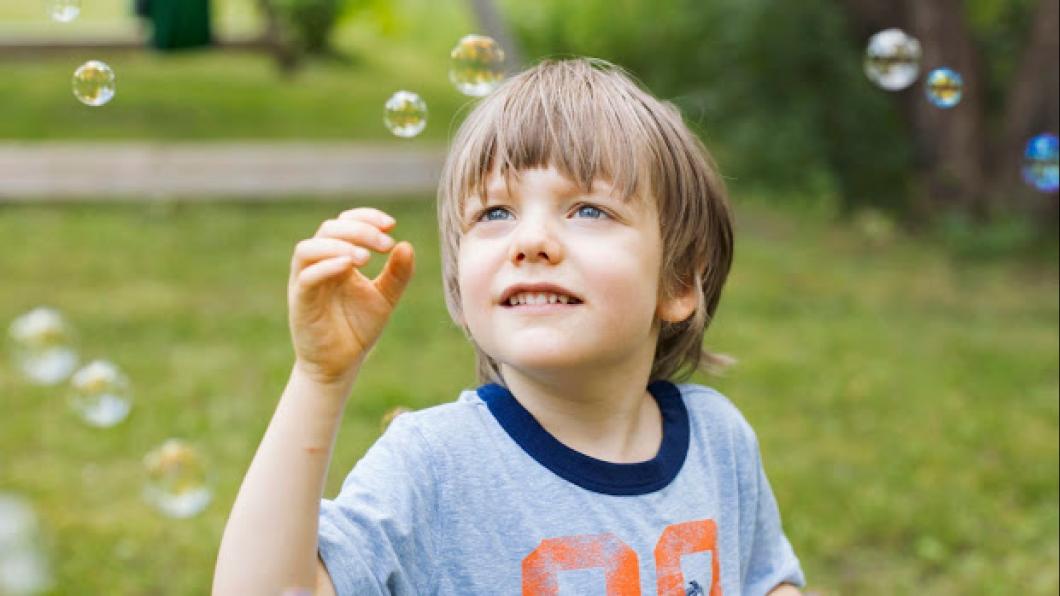
This and that, including autism and siblings
Photo by Alia Youssef
By Louise Kinross
Beyond the Spectrum is a brilliant film about a Canadian mom and dad who take a year off to do therapy with their son Oskar (photo above) who's diagnosed with severe autism at age 2. The full feature film is available at the link above at TVO. I'm interviewing Oskar's mother Carly Harnadek tomorrow! Stay tuned.
Last Sunday I attended an awards dinner to celebrate Dr. Peter Rosenbaum, Holland Bloorview's former chief of medical staff and co-founder of CanChild at McMaster University. He was receiving the Carmel Award of Merit from the Canadian Friends of Haifa University in Israel. In accepting the award, Peter said: "The work we do in childhood disability is, and must be, situated in the much larger canvas of human experience. This encourages us to see disability and difference not as categories of existence separated from normal and typical (as we have been taught) but as part of diversity." Peter was recognized for his lifetime work in pediatric disability research.
While at Peter's award ceremony, my husband and I noticed a well-thumbed book sitting on a cocktail table: Shtum. We were intrigued because its cover mentioned something about a boy who was non-verbal. I hadn't heard of this book, but it's a novel based on author Jem Lester's experiencing raising a child with severe autism, and has received rave reviews. Has anyone read it?
I'm always buoyed by accounts of Neanderthals who supported people with disabilities. This is an interesting piece about the analysis of a 50,000 year old Neanderthal skull that revealed that the man, who died in his '40s, had a number of physical disabilities and was profoundly deaf. "More than his loss of a forearm, bad limp and other injuries, his deafness would have made him easy prey for the ubiquitous carnivores in his environment and dependent on other members of his social group for survival," said anthropologist Erik Trinkaus.
And finally, yesterday I received a comment on a BLOOM story from an adult sibling. In response to "Should kids be asked to care for a disabled sibling?, published in 2012, Gen wrote:
"Thank you for this article. This also reflects my experience being the eldest female child of a small family with a sibling who has an intellectual disability. My parents really struggled when we were children and from a very young age I was told I had to lift the load. I was a little parent. I learnt early on that my parents couldn't cope with any bad behavior or negativity from me and so I became a perfect child, bottling in my feelings and needs in service of my family. It's not my sibling or my parents' fault.
"I don't think this article is looking to blame parents or make them feel worse. It's simply encouraging a bit of thought and planning to see if there are other alternatives that could help give parents respite so that siblings can go through the normal stages of growing up. From experience, growing up too young and being a carer so early has left me socially isolated as I wasn't able to invest time in friendships. Bottling in my emotions caused physical, mental and relationship difficulties that have taken half of my adult life to resolve. This may seem extreme but take something useful away from this article. I have seen many parents in denial about their children's well-being simply because they felt attacked or embarrassed."
I wish I had some words of wisdom to share about how to ensure your other children get the support they need. Of course we've done stories like this one on the topic of understanding how brothers and sisters may feel, and practical strategies for parents, but I know it's a complex issue for many families.